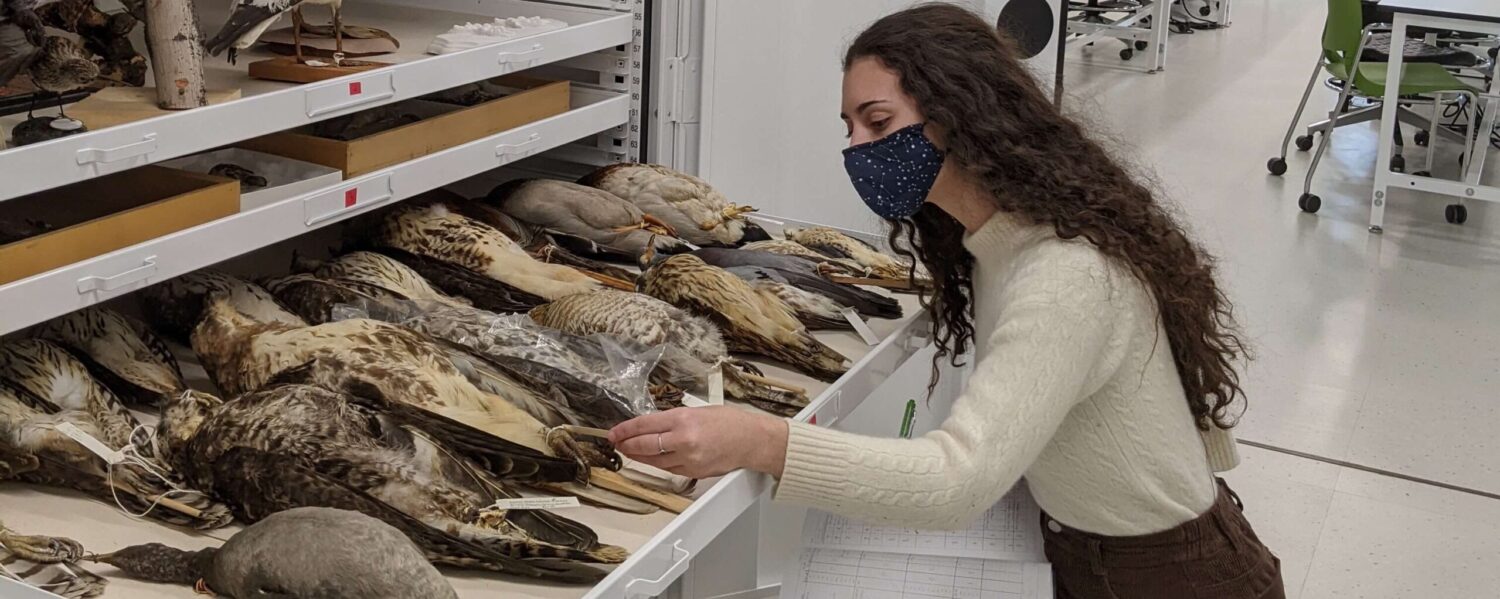Dear Mr. Nussle and Dr. Marburger:
Thank you for including language in the fiscal year (FY) 2009 Administration Research and Development Priorities memorandum that recognizes the importance of scientific collections. The natural science collections community is pleased by your identification of scientific collections as critical components of our nation’s research infrastructure. We strongly encourage you to also consider the continued viability of scientific collections housed at our nation’s universities, natural history museums, field stations and science centers, in addition to collections held at federal facilities.
Federal and non-federal natural science collections are equally vital to our nation’s continued global leadership in the biological, geological and environmental sciences. Moreover, researchers from diverse disciplines now look to natural science collections as important resources that are essential to solving society’s complex and important questions. Finding answers to these questions requires that scholars be able to access collection materials and data. For example, identifying and determining the geographic distribution of an economically important insect might require that researchers work with specimens maintained at a Department of Agriculture laboratory, a unit of the National Park Service, and a National Science Foundation (NSF) funded university museum.
Natural science collections are important to formal and informal science education. Natural science collections contribute to the education and training of undergraduate and graduate students. Beyond the traditional collegiate education, however, natural science collections captivate the minds of school children – allowing them to experience and learn about the world in ways not possible through ordinary classroom exercises.
The natural science collections community is pleased that the federal government is gathering information about the status and needs of federal scientific collections. Indeed, many federal collections have long been housed at our nation’s universities and natural history museums. This has triggered transformative research and ensured that federal agencies have been able to obtain the scientific knowledge required to serve the public interest. Thus, it is important that the federal government not consider its scientific collections in isolation from those located at non-federal facilities, which in many circumstances may have the collections and concomitant data required by federal agencies. We encourage the federal government, through its Interagency Working Group on Scientific Collections (IWGSC), to continue to make plans to ensure the protection and continued availability of all federal scientific collections. We eagerly await the IWGSC’s report on the status and needs of federal collections.
Beyond IWGSC’s current work, the federal government should review its support for non-federal scientific collections, which comprise the majority of the nation’s natural science collections. Funding for natural science collections and the research conducted with these resources is largely provided by competitive grant programs, such as the NSF’s Biological Sciences Directorate (BIO). Unfortunately, funding for these program areas at NSF has declined. This trend is unhealthy and is jeopardizing our ability to remain a global leader in biological and environmental sciences research. New funding should be provided to the NSF BIO account so that important investments in collections-related research and facilities may be made.
Thank you for your past efforts on behalf of scientific research. Please contact me or Dr. Robert Gropp, NSC Alliance director of public policy, at 202-628-1500 x 250 if we may provide you with additional information on this matter.
Sincerely,
Michael A. Mares, Ph.D.
President

